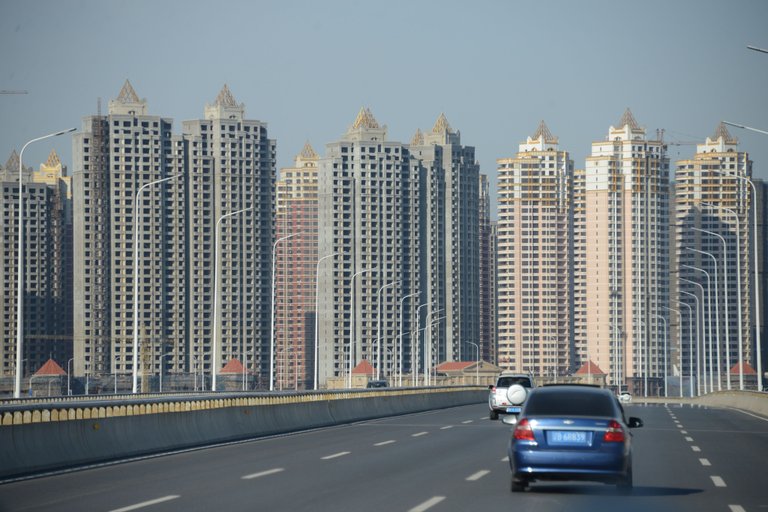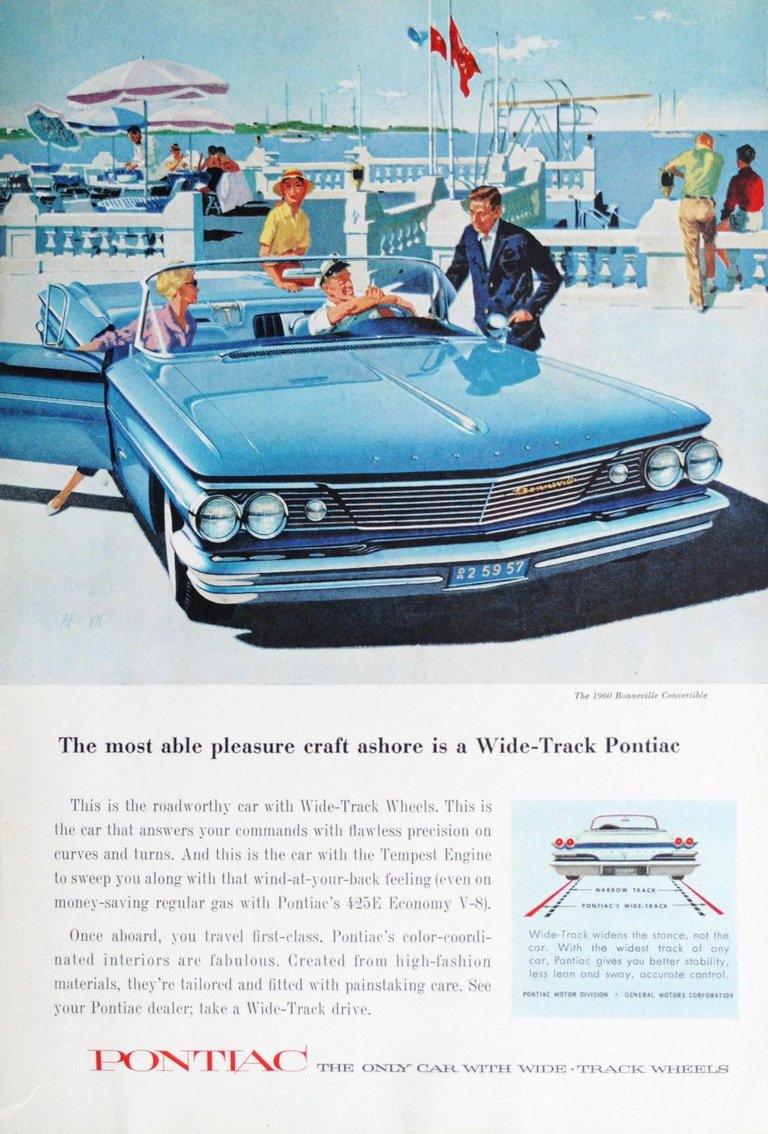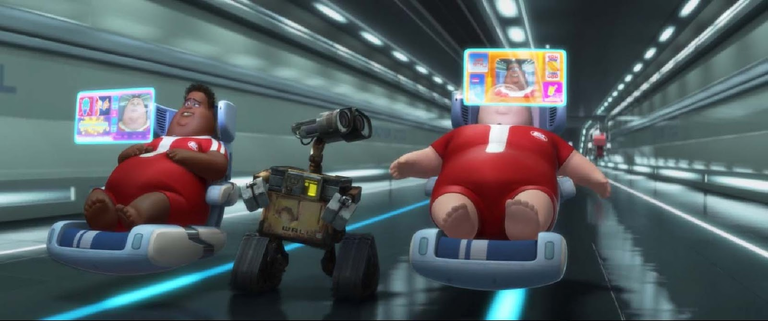
-the port and resort city of Dalian, China
A few months ago, I saw an interview with the comedian Louis C.K. He had gotten back from Beijing, where he was filming an episode of his show, Louie. The host asked what Beijing was like. Louis C.K. said something along these lines: “It looks like an enormous version of Dayton, Ohio.”
There is a sense in the Western media and thinkosphere that we are being left in the dust technologically and perhaps in other ways, too, by regions like East Asia, in particular China, where we see immense cities of steel and glass rising against a backdrop of rice paddy fields, and whole villages of agrarian peasants transforming into office workers and consumers. The rapidity and scale of progress (China now has fifteen metropolitan areas with populations over 10 million, compared to our two, New York and LA) especially boggle the American mind. And because most of these structures, including things like 50-lane highways and dams that can be seen from space, have been built in the last 20 years, it is all new, featuring the latest developments and architectural trends.
We're jelly. Compared to this futuristic juggernaut, our built landscape looks stagnant and antiquated. But it wasn’t always thus: one thinks of the Art Deco Chrysler Building, the Interstate highway system, the NASA space program and the moon landings. Now, as our space program stagnates amid funding issues, China and Russia are planning moon missions. Less than fifty years ago, we were the juggernaut, and our cities and technology were the envy of the world. Why aren’t we still number one- what has changed?
Perhaps we feel left behind not because China is covering new territory, but because China is young and living this dream for the first time. We already landed on the moon (or did we??), almost fifty years ago. Most of our cities were built out sixty or seventy years ago, and now they’re falling apart. Most of us have had air conditioning for decades. Maybe a society only goes through that invigorating metamorphosis once, in the same way that American teenagers only go through the four-year journey/utopia/bacchanal of college once in their lives. What if each country only gets one infrastructure build? Once you build out your infrastructure, it’s built. We’ve gorged ourselves on the low-hanging fruit, and higher fruits are, for the moment, out of reach, and almost out of view.
I've been reading a book by Northwestern University Professor Robert J. Gordon, "The Rise and Fall of American Growth." His core thesis is that most of American progress took place in a special century, 1870-1970, and was the result of a miraculous and closely clustered series of great inventions and their widespread adoption: the internal combustion engine, automobile, airplane, refrigerator, mainframe computer, indoor climate control, and electric lighting are but a few. He argues that the tremendous improvements in quality of life afforded by these devices are a one-time, unrepeatable boon. A particular observation of his hit me: excepting the presence of computers, larger televisions, and the microwave, we are living in the houses of the 1950s.

Looking forward, what do we have to look forward to? Self-driving cars. Gee, that’s pretty neat-o! But getting an automated car is not quite as tear-your-clothes-and-shout earth-shattering as just plain getting a car for the first time. It’s hard to top the initial experience of tearing out of a drive-through onto the wide-open American road with a Coca-Cola in one hand and a Big Mac in the other, fast-food refuse fluttering in your noble wake. Blows your hair back. Now, our roads are clogged with traffic, and soon our cars will be ferrying us, digitally kibitzing with one another to navigate around areas of deadlock. But where will we be going in these autocars? Amazon’s drones will be dropping our daily necessities on our doorstep. Feels a bit like a devolution. The Pixar film WALL-E comes to mind, where the people have become infantilized blobs cruising past one another in ride 'em carts with screens permanently fixed before their faces, sipping on big canisters of who-knows-what. The robots, given purpose by their collective labor, have become more human than the humans.
It's not that the rest of the world is blowing past us and we're losing the race, it's that we got to the finish line forty years before they did, had our victory party, and now we're just wheeling around giddily in a circle in the parking lot.
Congratulations @johnnymelodica! You have completed some achievement on Steemit and have been rewarded with new badge(s) :
Click on any badge to view your own Board of Honor on SteemitBoard.
For more information about SteemitBoard, click here
If you no longer want to receive notifications, reply to this comment with the word
STOP